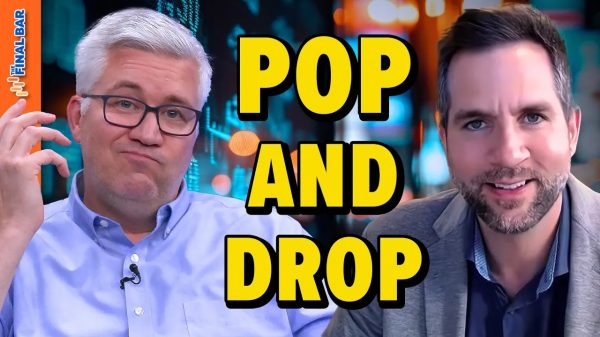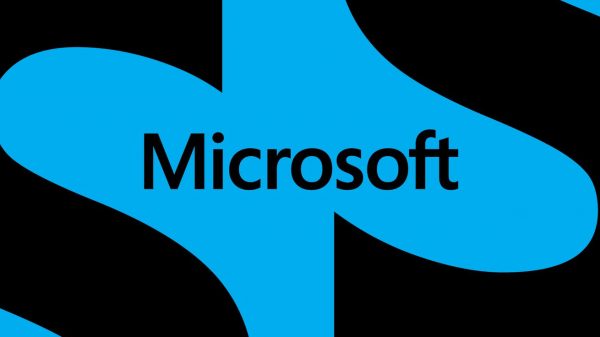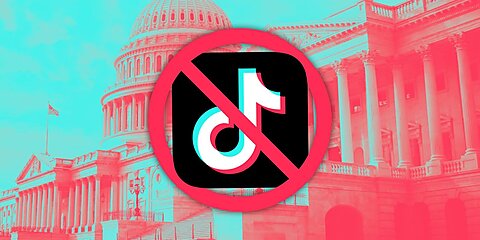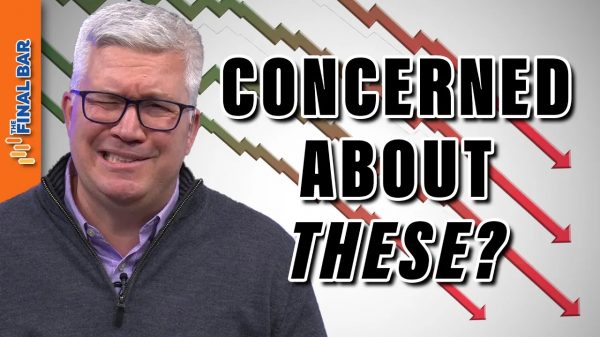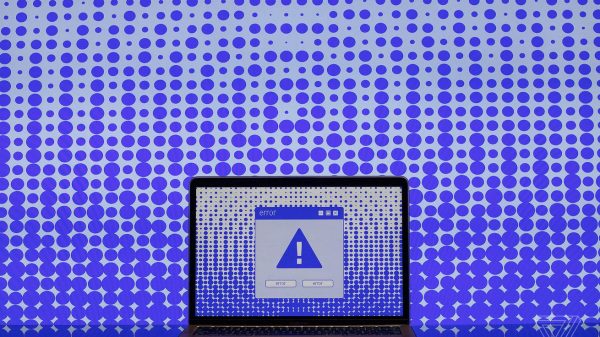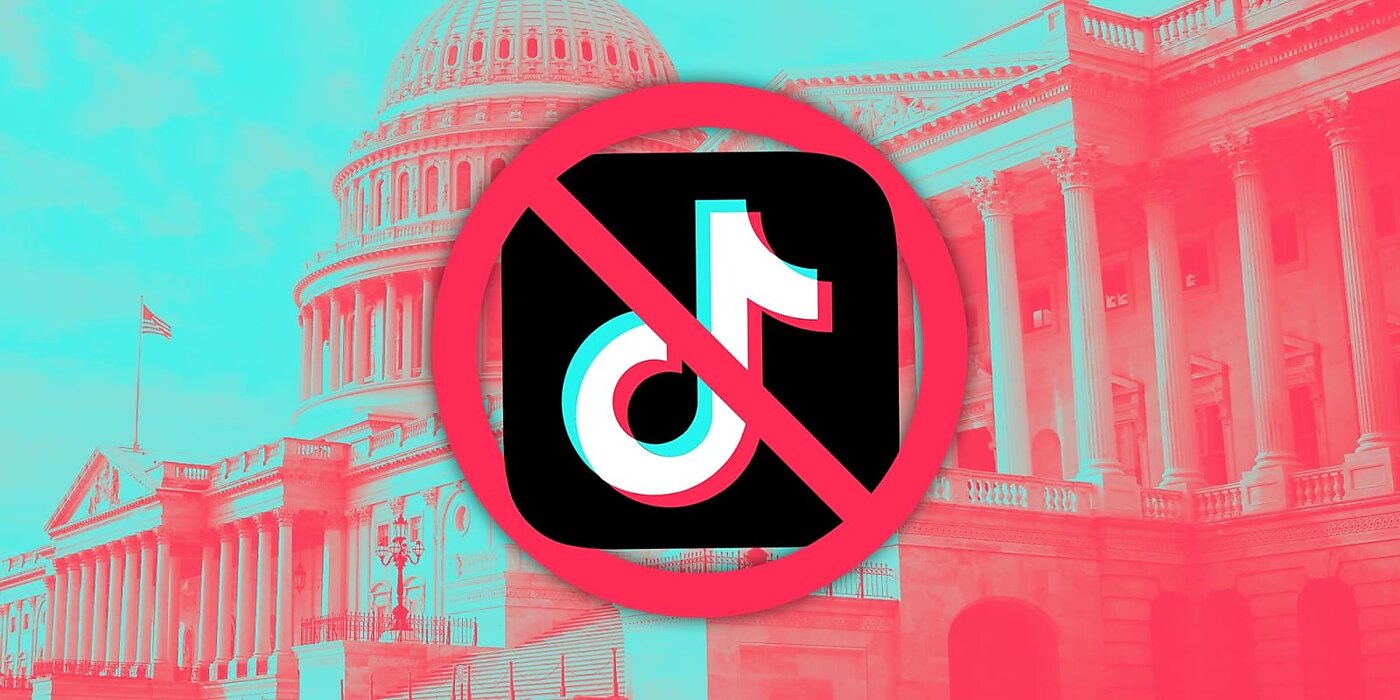
By a unanimous vote, fifty members of the House Energy and Commerce Committee passed a bill that would functionally ban TikTok unless it sells its US operations to a competitor. The “Protecting Americans from Foreign Adversary Controlled Applications Act” — which, given its inelegant acronym of PAFFACAA, seems destined to be known simply as the TikTok ban bill — would prohibit Chinese companies or investors from having a 20 percent or larger ownership share of major social media platforms operating in the US. Should Bytedance, TikTok’s Chinese parent company, fail to divest in a timely fashion, massive financial penalties would be imposed on any app store that carried TikTok.
The bill is speedrunning through Congress: a surprise introduction on Tuesday, a quick markup on Thursday, and the promise of a full House vote next week. It is a clever, well‐organized move. Given that 170 million Americans use TikTok — or more than half the country — the specter of a ban on the popular app could rouse massive popular backlash if given time to develop. They’re correct to be concerned.
For example, last year after the House Energy and Commerce Committee interviewed TikTok CEO Shou Chew, I put together a spreadsheet of the top 300 TikTok videos using popular hashtags referring to the hearing. Those videos attracted more than half a billion views in a week. To put that in context, that’s more than four times the number of views for the last Super Bowl. (Though, of course, it’s likely that viewers who watched one video saw others as well.)
Both the framing of the videos and the millions of comments left by users were overwhelmingly negative; of the 300 videos, only a handful were not overtly critical of Congress. There was a recurrent pattern to many of the videos: TikTok users would profess their prior apathy towards politics, then express their disgust over their first peek into how the congressional sausage gets made, and finally promise to vote against any politician who backed a TikTok ban.
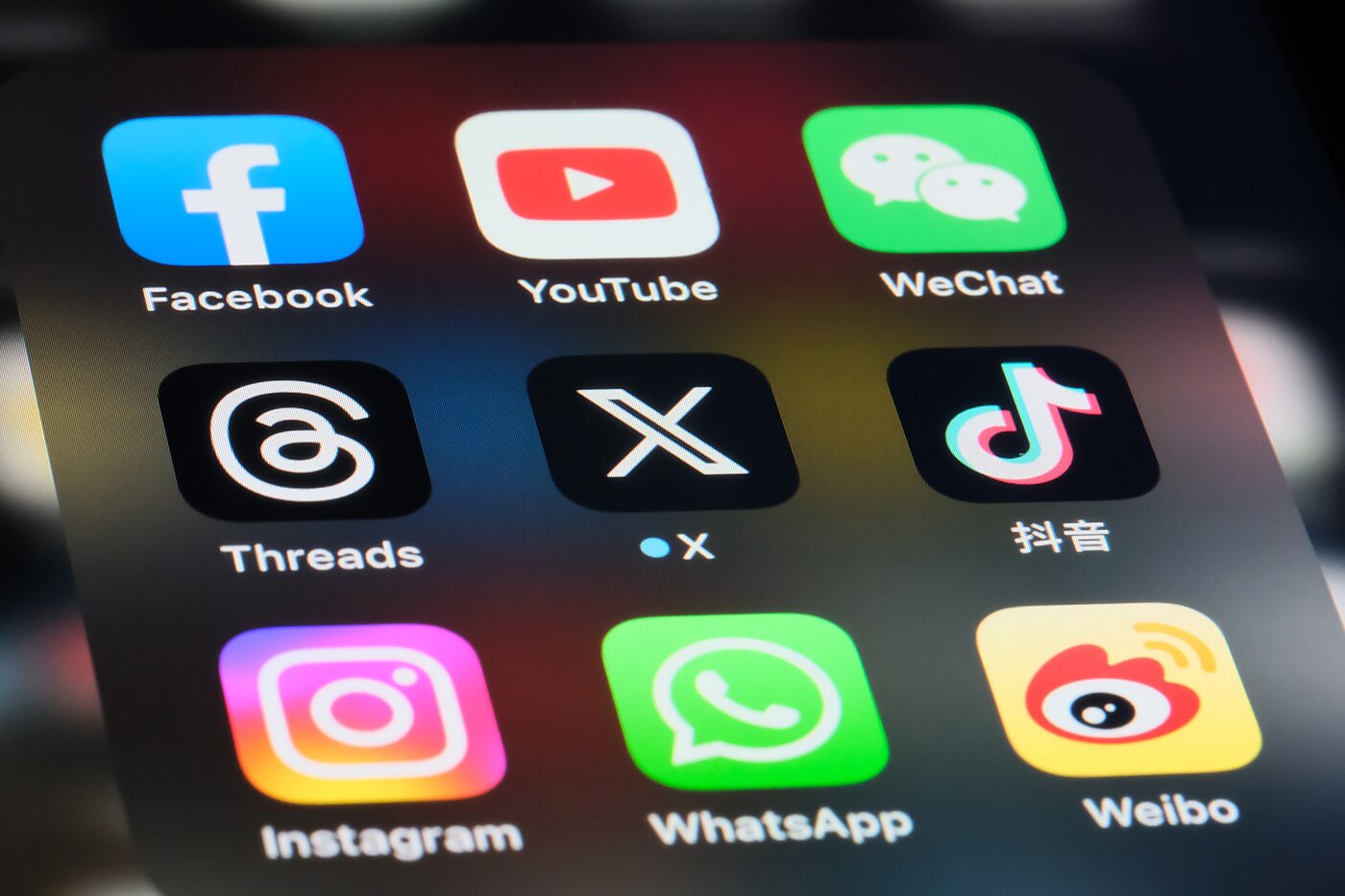
That ban could turn into a political nightmare for its supporters in an already contentious election season. Pollster Nate Silver notes that a narrow plurality of Americans back a TikTok ban (35 percent vs 31 percent), but Congress might end up learning the hard way that the anger of TikTok users over losing their favorite platform might be far more intense (and politically consequential) than the mild antipathy towards TikTok of non‐users.
Beyond the pragmatic considerations, this bill — should it pass and should TikTok refuse to divest — would result in the largest removal of speech in US history, and by several orders of magnitude. Other notorious instances of government infringement affected far fewer people, from the two dozen writers sanctioned under the Alien and Sedition Acts to the several thousand readers who lost access to Communist newspapers because of postal service restrictions during the Second Red Scare. There is simply no precedent for the sheer quantity of speech involved.
Given the immense potential consequences, one would think that the bill’s authors would have proffered some hard evidence of Chinese government surveillance using American TikTok data. They have not. There are allegations that the Chinese authorities could force ByteDance to force Singapore‐based TikTok to force its US team in Los Angeles to share user data under the terms of a 2017 Chinese national security law.
In fact, I don’t doubt that they could, assuming of course that they would be willing to risk exposure and the implosion of a $200 billion company just to gain information they could otherwise buy from data brokers for pennies. But maybe Chinese bureaucrats are as fond of making silly, unforced errors as their American counterparts are.
Still, there is no hard evidence that Chinese authorities have ever surveilled American data. (TikTok would credit its $1.5 billion “Project Texas,” a firewall for US data collection and storage overseen by Oracle.) Even ban supporters themselves talk about surveillance as a future risk, not a current practice. As Dan Crenshaw (R‑TX) put it, “China is at war with us. And they use TikTok as a weapon, or at least they can.” Crenshaw then launched into a series of increasingly scary “imagine if” scenarios, a tacit admission that this ban threat is proceeding on a speculative basis.
Setting Crenshaw’s hawkish, wartime rhetoric aside, forcing Chinese investors to sell their stake in TikTok’s most profitable global market could very well escalate another kind of war: the ongoing trade war between the US and China. Trade wars make everyone involved poorer, and the US is particularly vulnerable in this case given US dominance in the tech sector. After all, of the twenty largest global tech companies, more are based in the US than in the rest of the world combined.
Also, bear in mind that Edward Snowden and Wikileaks claimed that the NSA and CIA gained backdoor access to data gathered by US companies, including Facebook and Google, to spy on foreign heads of state and foreign journalists. If that is correct, then TikTok ban supporters are the pot calling the kettle black. But whether or not those allegations are true, many countries certainly believe them to be so. And if more countries start forcing foreign investors to divest from domestic operations out of fear of illicit surveillance, then US companies stand to lose far more in the resulting informational trade wars than do companies based in China.
What is strange to me is how quickly Congress has escalated its threats and on so thin an evidentiary basis. If TikTok is indeed routinely providing access to American user data to Chinese authorities, it is worth sanctioning. But there are a host of intermediate regulatory steps that lie somewhere in between doing nothing and threatening an outright ban. For example, Congress could mandate that regular third party reviews of data collection practices by TikTok be shared with a relevant executive agency. They could condition a forced sale on evidence of surveillance or other inappropriate behavior.
But they have not, and are instead now setting the stage for a gigantic game of divestment‐or‐ban chicken with a wildly popular platform used by half of Americans.
Crossposted from the author’s Substack newsletter. Click through and subscribe for more content on the intersection between history, policy, and media.

